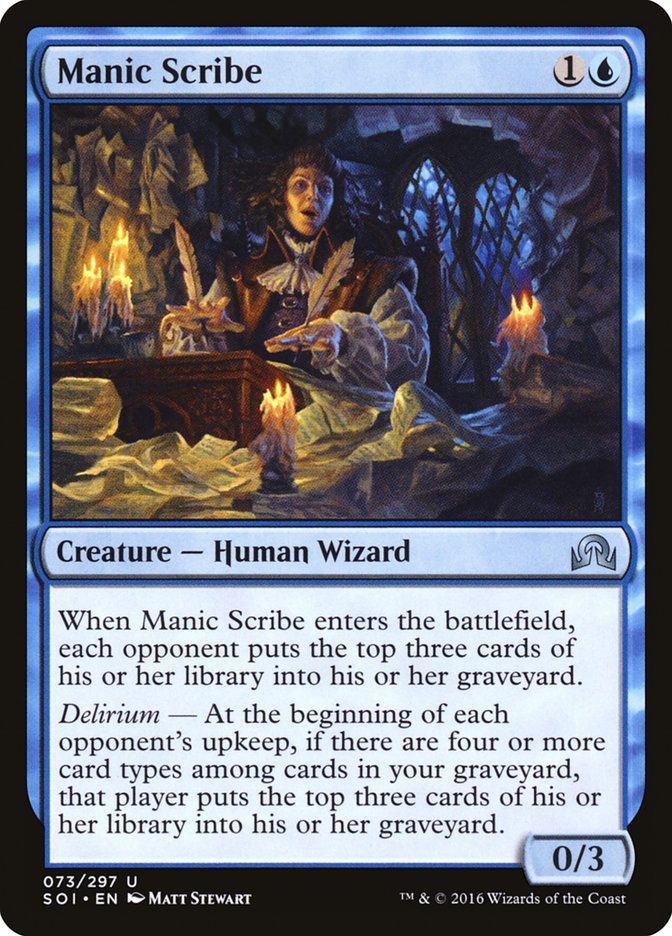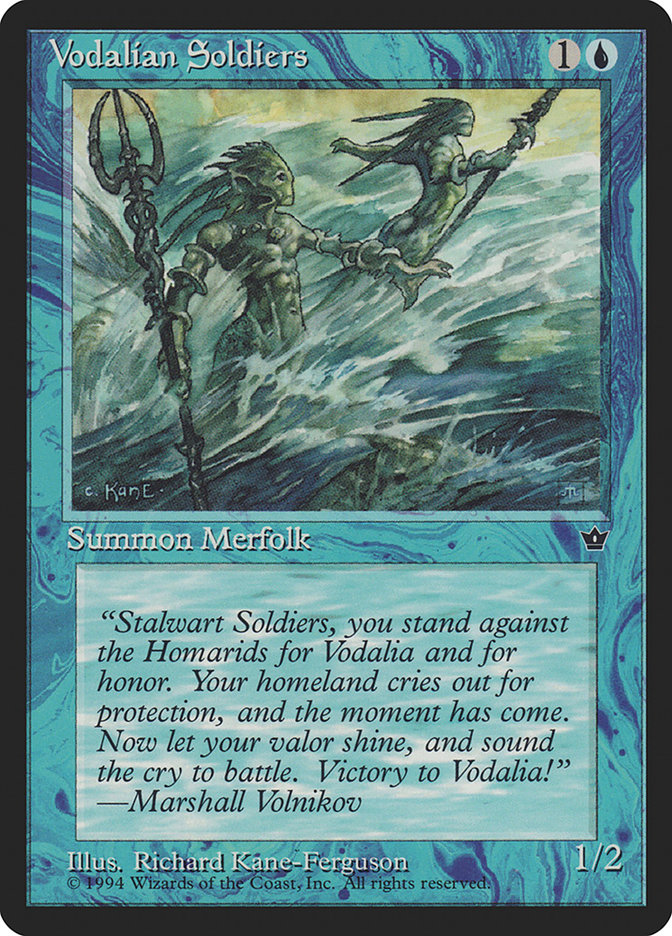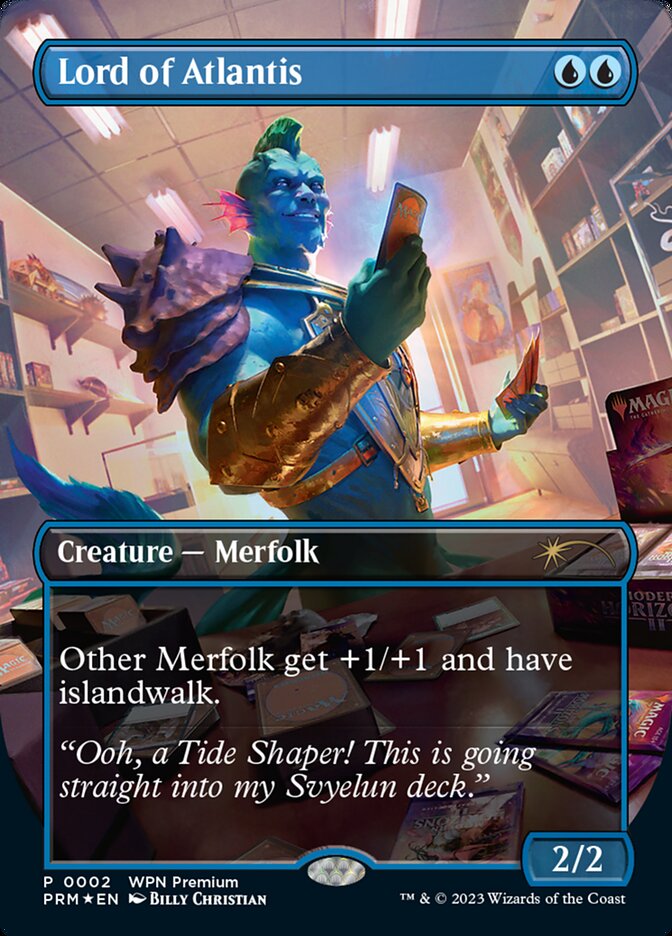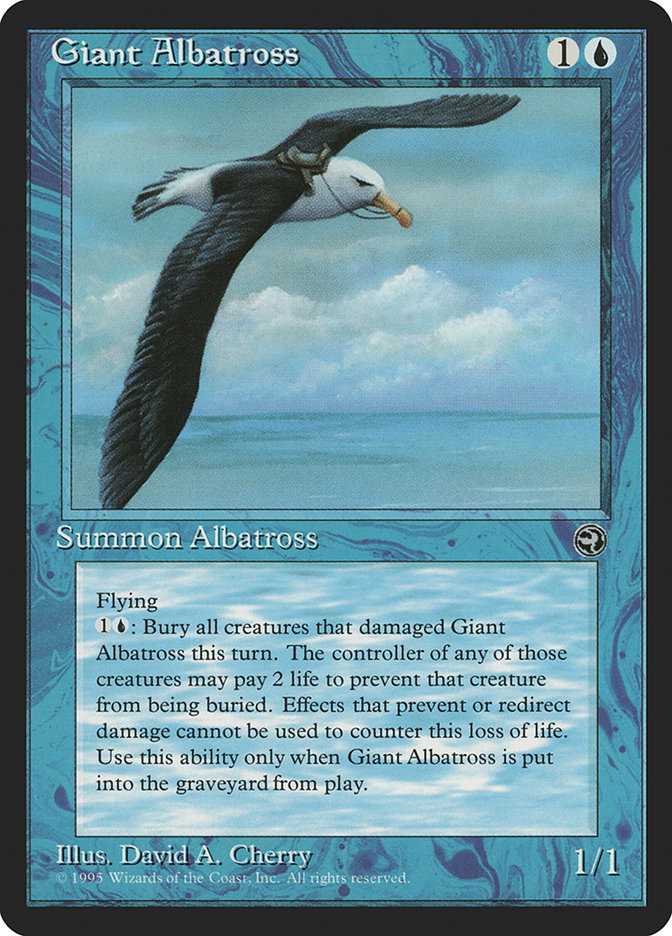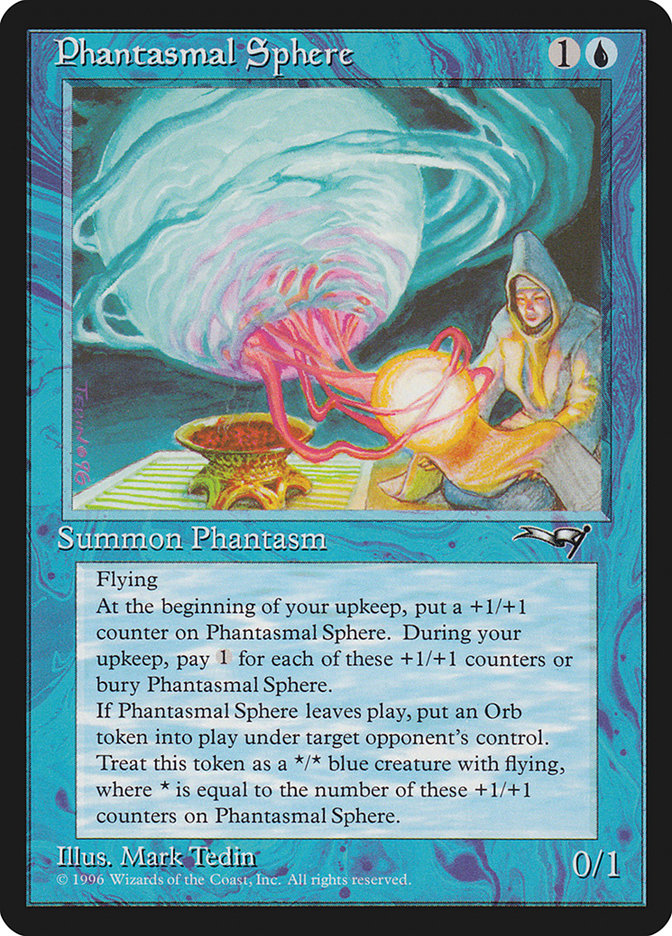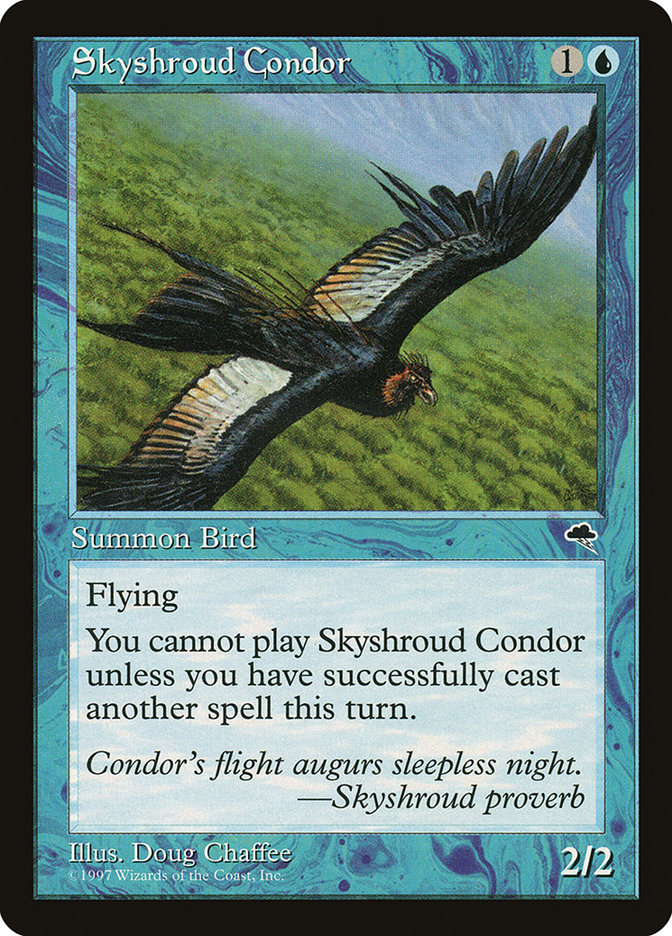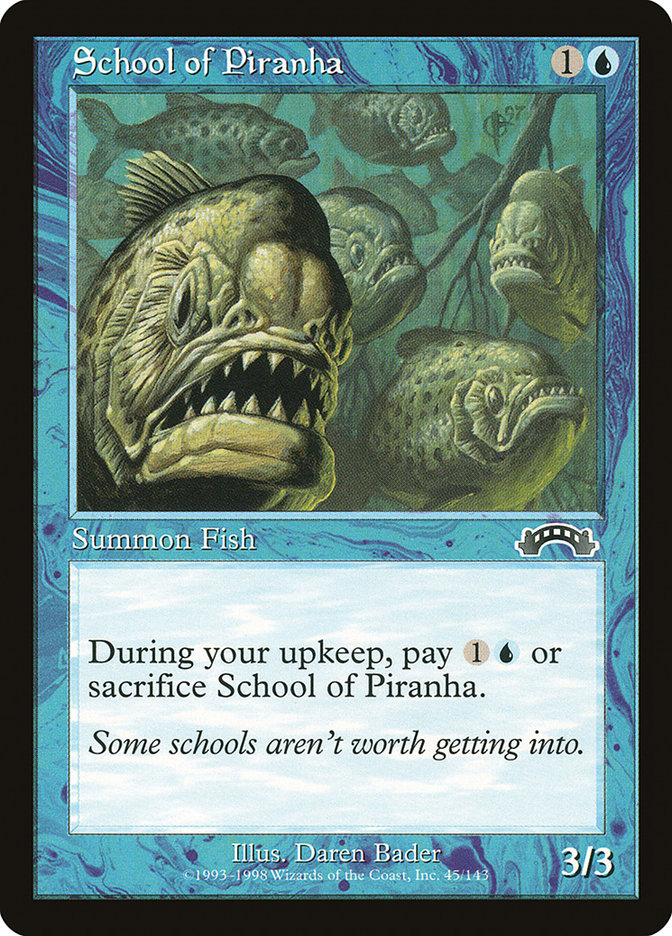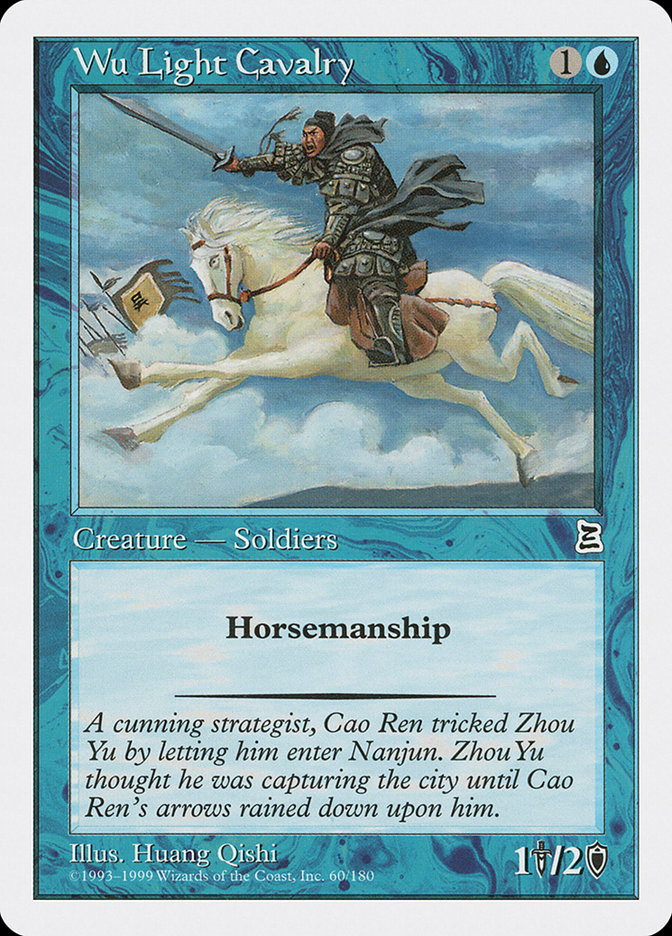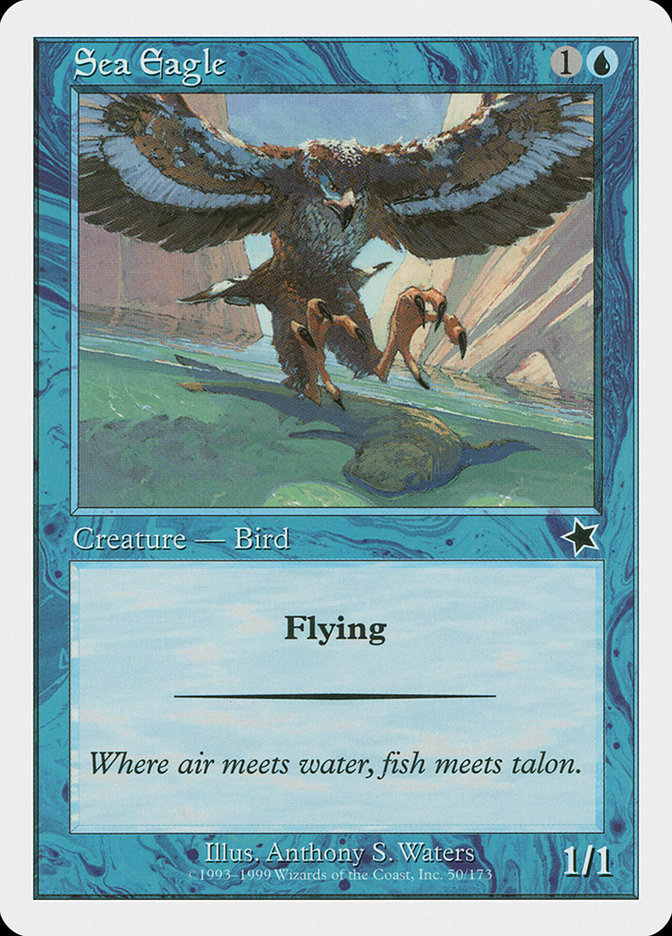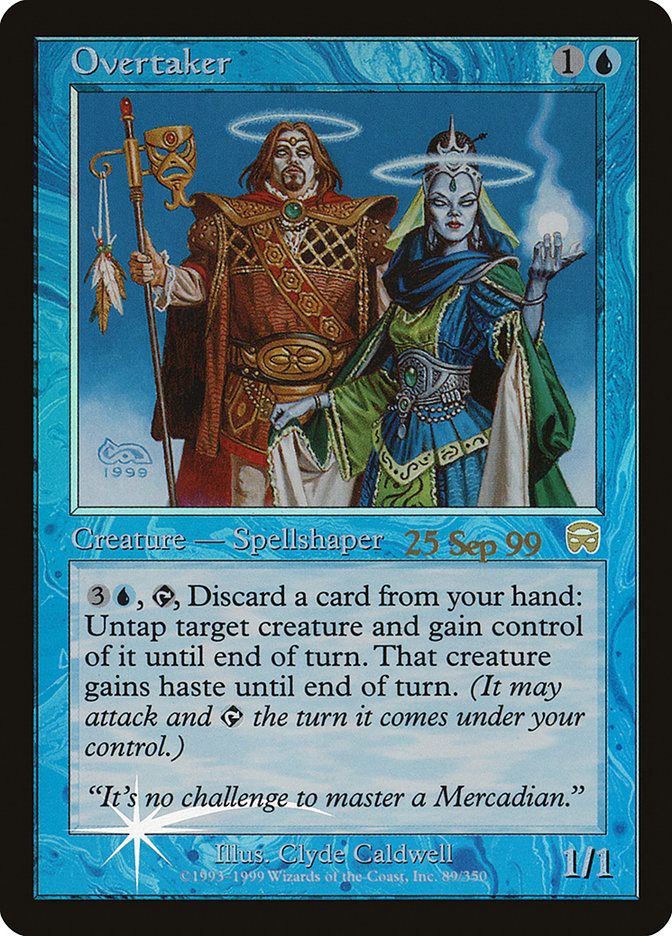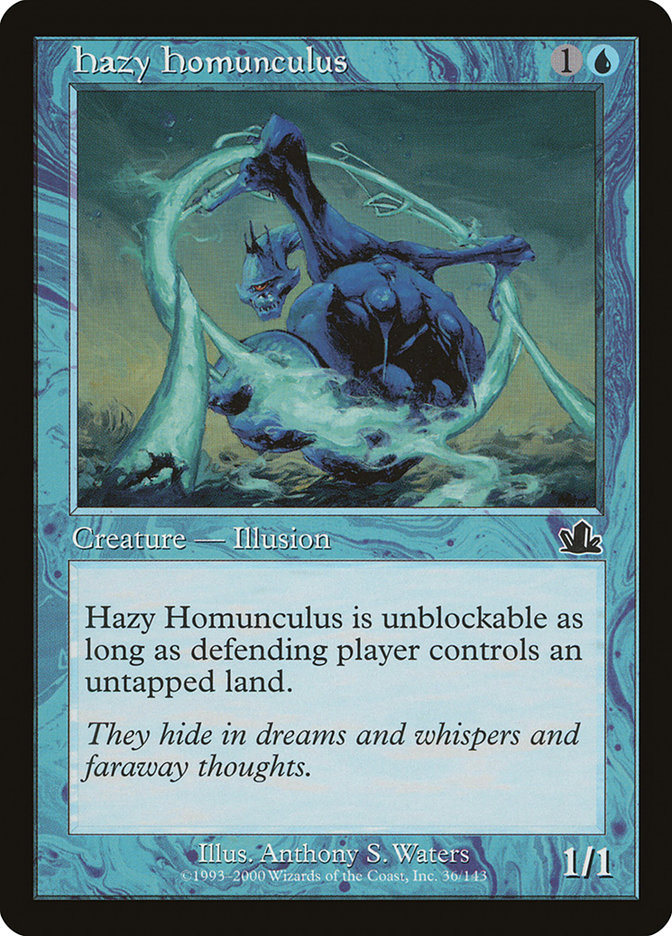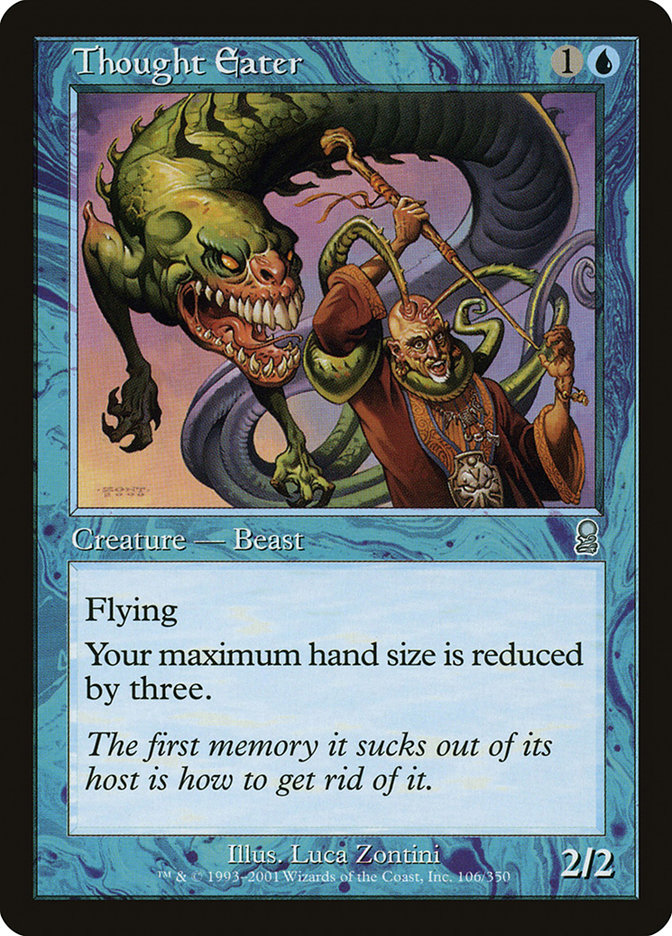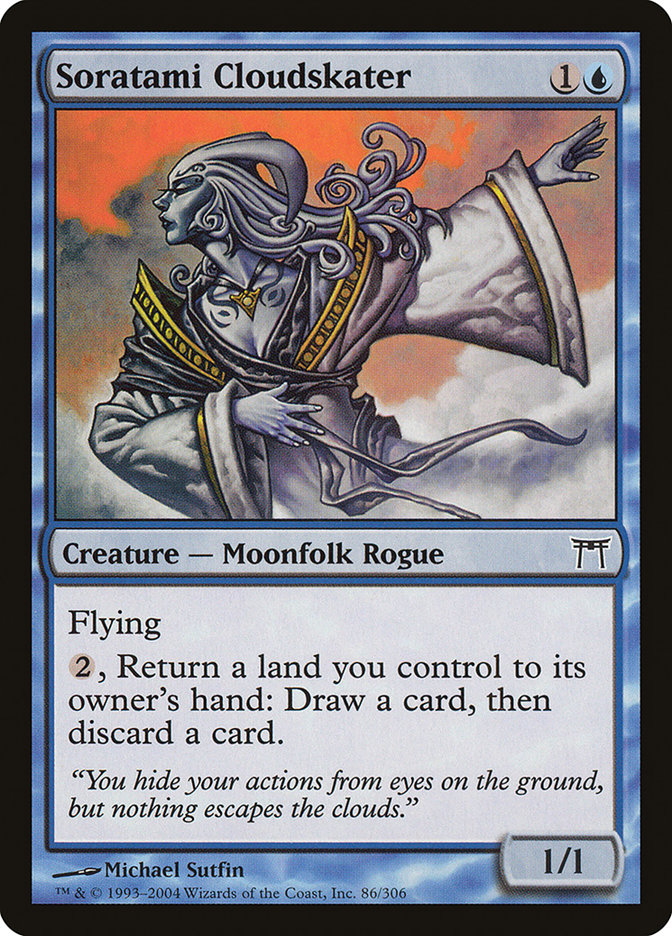Manic Scribe MTG Card
| Card sets | Released in 3 setsSee all |
| Mana cost | |
| Converted mana cost | 2 |
| Rarity | Uncommon |
| Type | Creature — Human Wizard |
| Abilities | Delirium,Mill |
| Power | 0 |
| Toughness | 3 |
Text of card
When Manic Scribe enters the battlefield, each opponent puts the top three cards of his or her library into his or her graveyard. Delirium — At the beginning of each opponent's upkeep, if there are four or more card types among cards in your graveyard, that player puts the top three cards of his or her library into his or her graveyard.
Cards like Manic Scribe
In the realm of Magic: The Gathering, Manic Scribe stands out as a unique blue creature card. When compared to creatures such as Hedron Crab, which also mills cards from an opponent’s library, Manic Scribe offers a distinctive edge through its delirium ability. While Hedron Crab requires land drops to activate its milling, Manic Scribe needs different card types in your graveyard to kickstart its repeating mill effect.
Another relative in the MTG milling family is Duskmantle Guildmage. This card can create a potent combo by dealing damage equal to the number of cards put into an opponent’s graveyard, but it does demand a mana investment to activate its abilities. In contrast, Manic Scribe’s ability is passive and automatically triggers during each of your upkeep phases once delirium is satisfied, paving the way for consistent deck disruption without further costs.
Analyzing their different capabilities and roles in deck strategies, it’s evident that Manic Scribe is especially effective in formats where achieving delirium is viable. Its ability to apply pressure on the opponent’s library passively can prove to be a formidable strategy in the right deck construction within the vast universe of MTG cards.
Cards similar to Manic Scribe by color, type and mana cost
Card Pros
Card Advantage: Manic Scribe offers a repeatable source of mill, helping you to steadily erode your opponent’s library. Each turn, you potentially remove valuable resources from their deck, which can be tremendously disruptive over the course of the game.
Resource Acceleration: While not directly providing mana acceleration, Manic Scribe can contribute to achieving delirium quickly, enabling enhanced effects of other delirium cards in your deck. By fueling graveyard synergies, it amplifies the potential of a resource different from mana but equally valuable.
Instant Speed: Although Manic Scribe itself isn’t an instant, it triggers at the beginning of each upkeep if you have delirium – allowing you to impact the game state during your opponent’s turn. This consistent milling can be a form of indirect pressure, contributing to your strategy at speed akin to instant-speed interaction.
Card Cons
Discard Requirement: Manic Scribe’s ability to potentially mill an opponent is contingent upon achieving Delirium, which requires having four different card types in your graveyard. This may necessitate intentionally discarding valuable cards to activate, reducing your hand and potentially sacrificing important resources.
Specific Mana Cost: Casting Manic Scribe demands a blue mana, which can restrict the card’s integration into multi-colored decks. If your mana base isn’t tailored to consistently provide blue mana, playing Manic Scribe on curve may prove challenging.
Comparatively High Mana Cost: Although Manic Scribe itself is low to cast, reliably attaining Delirium to unlock its repeatable milling ability might require setup with other cards, effectively increasing the total mana investment. Additionally, there are competing cards at similar costs that either mill more cards or offer additional utility without the Delirium clause.
Reasons to Include Manic Scribe in Your Collection
Versatility: Manic Scribe provides strategic flexibility in decks that emphasize on milling opponents. Its ability to slot into any blue-based control or mill strategy is a testament to its adaptability across various play styles.
Combo Potential: This card synergizes well with other mill cards to accelerate the strategy of depleting an opponent’s library. Coupled with cards that can trigger its delirium ability, Manic Scribe can quickly become a critical component of a devastating milling combo.
Meta-Relevance: In game environments where slower, control-based play is prevalent, the consistent milling effect of Manic Scribe can apply pressure and disrupt opponents’ strategies, making it a relevant choice in specific metagames.
How to beat
Manic Scribe is a card that can considerably disrupt your game in MTG by utilizing its delirium ability, which has the potential to consistently mill cards from a player’s library. Confronted with such a threat, the first step to claim victory over it is to assess your deck’s vulnerability to graveyard manipulation. Prioritize cards that can either neutralize or bypass Manic Scribe’s milling mechanism. Graveyard hate cards, like Tormod’s Crypt or Relic of Progenitus, are exceptional in removing cards from your graveyard, thereby preventing the accumulation of different card types that trigger delirium.
Moreover, having instant speed removals such as Fatal Push or Path to Exile can be a significant advantage. They can swiftly dispatch Manic Scribe before its delirium ability activates, or in response to it being cast. Alternatively, if you’re playing a deck with counterspells, keeping one at the ready for when Manic Scribe hits the stack could save you from its milling onslaught. Lastly, an aggressive playstyle can also overshadow Manic Scribe’s slower milling strategy. Concentrating on building a robust board presence quickly will divert their resources from milling to defense, mitigating the scribe’s impact.
BurnMana Recommendations
Manic Scribe exemplifies the nuanced tactics available to players keen on distorting their opponents’ strategies through milling. As you delve into our comprehensive analysis, it becomes clear why this card is a prowess in the right environment. Ensuring your deck is equipped to achieve delirium swiftly elevates Manic Scribe from a passive player to a relentless force. If you’re intrigued by strategic depth and the idea of meticulously whittling away at your opponent’s options, we encourage you to explore the synergies and strategies that make Manic Scribe a worthy addition to your MTG arsenal. Dive deeper with us and unlock the secrets to mastering your milling approach.
Where to buy
If you're looking to purchase Manic Scribe MTG card by a specific set like Shadows over Innistrad and Jumpstart: Historic Horizons, there are several reliable options to consider. One of the primary sources is your local game store, where you can often find booster packs, individual cards, and preconstructed decks from current and some past sets. They often offer the added benefit of a community where you can trade with other players.
For a broader inventory, particularly of older sets, online marketplaces like TCGPlayer, Card Kingdom and Card Market offer extensive selections and allow you to search for cards from specific sets. Larger e-commerce platforms like eBay and Amazon also have listings from various sellers, which can be a good place to look for sealed product and rare finds.
Additionally, Magic’s official site often has a store locator and retailer lists for finding Wizards of the Coast licensed products. Remember to check for authenticity and the condition of the cards when purchasing, especially from individual sellers on larger marketplaces.
Below is a list of some store websites where you can buy the Manic Scribe and other MTG cards:
 BUY NOW
BUY NOW BurnMana is an official partner of TCGPlayer
- eBay
- Card Kingdom
- Card Market
- Star City Games
- CoolStuffInc
- MTG Mint Card
- Hareruya
- Troll and Toad
- ABU Games
- Card Hoarder Magic Online
- MTGO Traders Magic Online
See MTG Products
Printings
The Manic Scribe Magic the Gathering card was released in 3 different sets between 2016-04-08 and 2023-03-21. Illustrated by Matt Stewart.
| # | Released | Name | Code | Symbol | Number | Frame | Layout | Border | Artist |
|---|---|---|---|---|---|---|---|---|---|
| 1 | 2016-04-08 | Shadows over Innistrad | SOI | 73 | 2015 | Normal | Black | Matt Stewart | |
| 2 | 2021-08-26 | Jumpstart: Historic Horizons | J21 | 211 | 2015 | Normal | Black | Matt Stewart | |
| 3 | 2023-03-21 | Shadows over Innistrad Remastered | SIR | 80 | 2015 | Normal | Black | Matt Stewart |
Legalities
Magic the Gathering formats where Manic Scribe has restrictions
| Format | Legality |
|---|---|
| Historicbrawl | Legal |
| Historic | Legal |
| Legacy | Legal |
| Paupercommander | Restricted |
| Oathbreaker | Legal |
| Gladiator | Legal |
| Pioneer | Legal |
| Commander | Legal |
| Modern | Legal |
| Vintage | Legal |
| Duel | Legal |
| Explorer | Legal |
| Timeless | Legal |
Rules and information
The reference guide for Magic: The Gathering Manic Scribe card rulings provides official rulings, any errata issued, as well as a record of all the functional modifications that have occurred.
| Date | Text |
|---|---|
| 2016-04-08 | Because you consider only the characteristics of a double-faced card’s front face while it’s not on the battlefield, the types of its back face won’t be counted for delirium. |
| 2016-04-08 | In some rare cases, you can have a token or a copy of a spell in your graveyard at the moment that an object’s delirium ability counts the card types among cards in your graveyard, before that token or copy ceases to exist. Because tokens and copies of spells are not cards, even if they are copies of cards, their types will never be counted. |
| 2016-04-08 | Most triggered delirium abilities use an intervening “if” clause. There must be four or more card types among cards in your graveyard in order for these abilities to trigger, otherwise they never trigger at all. There’s no way to have the ability trigger if there aren’t enough card types, even if you intend to raise that number in response to the triggered ability. The number of card types is checked again as the trigger resolves, and if it has become too low somehow, the ability does nothing. If which card types are in your graveyard changes but the quantity of card types stays the same (or increases), then the delirium triggered ability will still resolve. |
| 2016-04-08 | The card types in Magic are artifact, creature, enchantment, instant, land, planeswalker, sorcery, and tribal (a card type that appears on some older cards). Supertypes (such as legendary and basic) and subtypes (such as Human and Equipment) are not counted. |
| 2016-04-08 | The number of card types matters, not the number of cards. For example, Wicker Witch (an artifact creature) along with Catalog (an instant) and Chaplain’s Blessing (a sorcery) will enable delirium. |
| 2016-04-08 | The upkeep step is before the draw step, after the untap step. Manic Scribe’s delirium ability mills an opponent’s library before that player draws a card during their draw step. |
